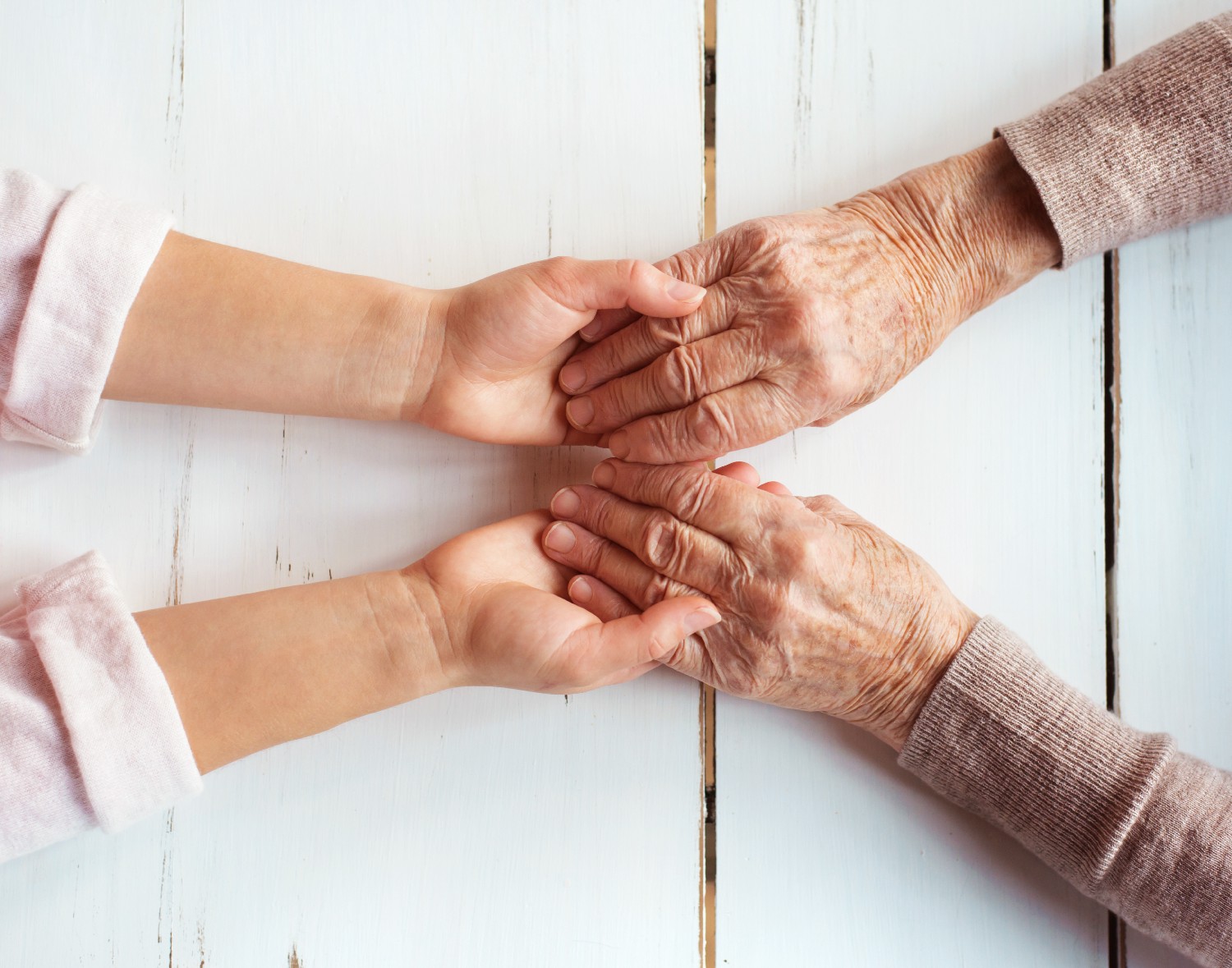What I learned from thirteen Indigenous women that can help save the environment for seven generations
Years ago my Mother gave me a book that she had received as a gift from an Athabaskan friend. The title was Two Old Women: An Alaska Legend of Betrayal, Courage and Survival. It is the story of two elderly women abandoned by their nomadic tribe during a particularly harsh Arctic winter and one of the grandsons running back to his Grandmother and bestowing her with a knife in the hopes it will help them to survive. The knife, along with their resiliency and courage, not only saves them from their own death, but helps them find their way back to the location of the summer camp where they work together to trap, skin and prepare a larder that in the end helps to save the very people who had left them for dead.
The story has always stayed with me. It says so much about the role older people play in our society, how so often they are left behind when they still have so much to give and in particular how women, when left to their own devices will always find a way. It’s also wonderful insight into the ways of Native Americans and their approach to life.
I’ve been thinking about that book since meeting Joan when I was in Sedona and hearing about the International Council of Thirteen Indigenous Grandmothers, a global alliance deeply concerned with our environment and who believes the teachings of the ancestors will help light the way for the future. As an environmentalist and someone who believes in living with a green heart, I was intrigued to find out more about this group.
I learned the grandmothers met for the first time in October 2004 in Phoenicia, New York, representing indigenous tribes from as far as Tibet, Nepal, Central Africa, the Alaskan Tundra and the Amazon rainforest. They formed an alliance out of a deep concern over what they refer to as “the unprecedented destruction of Mother Earth” including the contamination of our air, water and soil, the ravages of war, poverty and the threat of nuclear war and waste. These women believe in healing through prayer and education and that the teachings of their ancestors that have been passed down for generations will help to light the way through an uncertain future.
The more I read the more I realized that while they formed this global alliance thirteen years ago, their work is more critical than ever. Congress just moved to reverse the Stream Protection Rule that prevented coal-mining debris to contaminate our rivers. The water protectors at Standing Rock have received another setback as a federal judge rejected the request from Indigenous tribes to block drilling of the Dakota Access pipeline. In Juneau, the Alaska legislature continues to support drilling in the Arctic National Wildlife Refuge despite protests by people like Enei Begaye of the Fairbanks Climate Action Coalition. We seem intent on continuing to destroy the earth in the name of progress — something that is contradictory to the ways of Indigenous tribes who have always held respect and reverence for our air, our water and the soil.
The words of one of the elders, Edna Yumtheska, of the Havasupai, the People of Bluewater sums up their philosophy beautifully: “When you come upon Water in it’s natural state, you approach it with respect; you introduce yourself to it. Take time to pay respect to it. For Water gives life, we live inside Water for nine months in our mother’s womb. Then we follow the Water into this world. It is sacred; we depend on Water for the rest of our life. Water is Life.”
I was profoundly struck from reading this passage of wisdom that despite all the efforts of the environmental non-profits we are still not there yet and how fortuitous is that these Grandmothers are thinking ahead for the next seven generations! These women carry so much knowledge and insight in their very green hearts, it would behoove us all to listen and support their mission.
Sustainability is how Indigenous cultures have always lived. Now it is more timely than ever for us to catch up to the past. The next time I chance upon a river, a stream or the ocean, I invite you to join me to take a moment to pause and treat it with the respect it deserves.
You can read more about The International Council of Thirteen Indigenous Grandmothers and how you can support their mission here and to get involved with keeping water clean in your local community visit the WaterKeeper Alliance.
Originally published at medium.com


